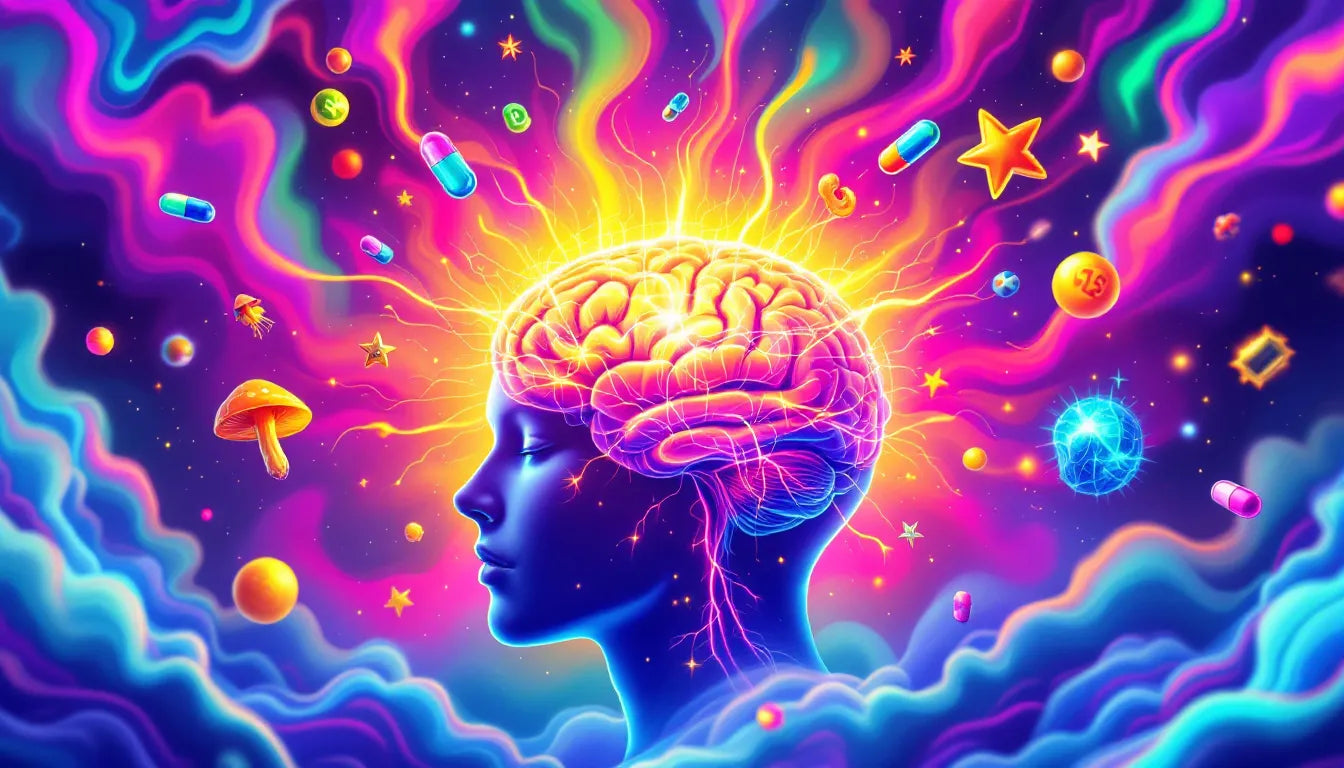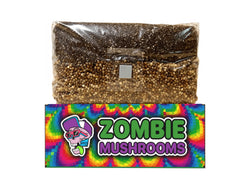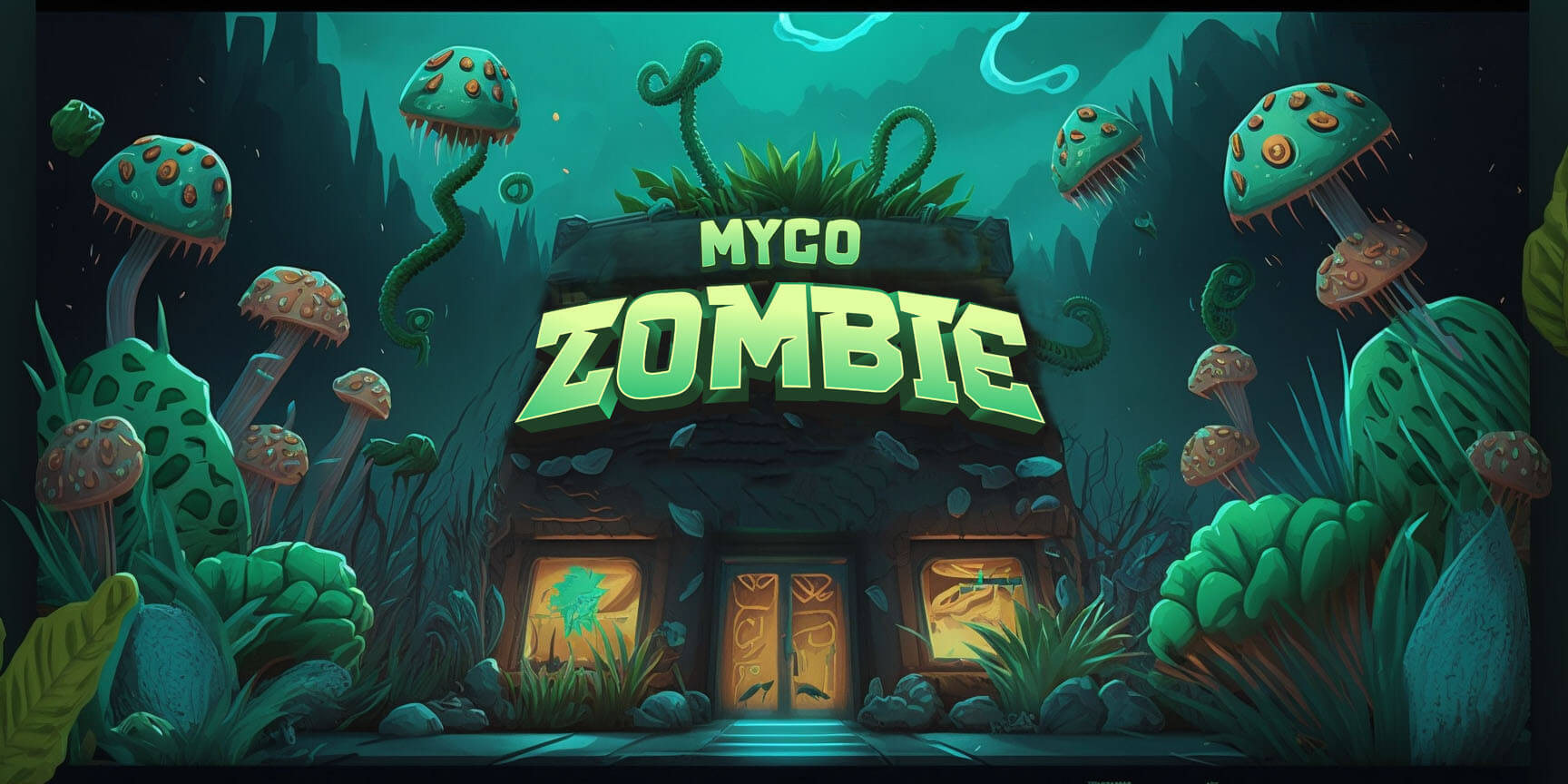- Psychedelic medicine targets serotonin receptors, promoting altered states of consciousness that help process emotions and memories.
- Psilocybin-assisted therapy has shown significant reductions in depression, even in patients resistant to conventional treatments.
- The FDA has granted MDMA-assisted therapy "Breakthrough Therapy" status for PTSD, signaling its potential for widespread use.
- Psychedelic decriminalization is expanding, with cities and states reconsidering legal restrictions on these substances.
- Research into natural psychedelics like psilocybin mushrooms and ayahuasca could lead to new plant-based mental health treatments.
The Rise of Psychedelic Science in Mental Health Treatment
Psychedelic science is gaining credibility as researchers uncover its potential for mental health treatment. Substances like psilocybin, LSD, and MDMA are being studied for their ability to address conditions such as depression, PTSD, and addiction. As laws and public opinions shift, psychedelic medicine is steadily becoming part of mainstream healthcare. Here’s a closer look at how this field is reshaping modern medicine.

The Science Behind Psychedelic Medicine
Psychedelics affect the brain by interacting with serotonin receptors, primarily the 5-HT2A receptor. This receptor plays a crucial role in perception, mood regulation, and cognition. When activated, it induces profound changes in consciousness, which can include altered perceptions, deep emotional reflection, and dissolution of ego-bound thinking.
Historically, psychedelic research flourished in the 1950s and 1960s but was halted due to drug prohibition laws. However, in recent decades, scientific interest has resurged, with major institutions such as Johns Hopkins and Imperial College London spearheading studies that explore these substances’ effects. This revival of research has led to a growing understanding of how psychedelics might treat mental health disorders at the neurological and psychological levels.

Psilocybin and Mental Health Treatment
Psilocybin, the psychoactive compound in magic mushrooms, is one of the most studied psychedelic substances. Research indicates that psilocybin-assisted therapy shows promise in treating depression, anxiety, and even addiction.
A groundbreaking study by Carhart-Harris et al. (2018) found that patients with severe, treatment-resistant depression experienced significant improvements after undergoing psilocybin therapy. Clinical trials have also demonstrated that a single high-dose of psilocybin can lead to long-lasting reductions in depressive symptoms, often producing effects within hours rather than weeks, as seen with traditional antidepressants.
How Psilocybin Works
Psilocybin helps disrupt negative thought loops by enhancing neuroplasticity—the brain’s ability to form new connections. This effect allows patients to reframe traumatic experiences, challenge ingrained patterns of negative thinking, and foster emotional resilience. Patients undergoing psilocybin therapy often report a deep sense of emotional clarity and connectedness, with many describing the experience as one of the most profound of their lives.
As research progresses, psilocybin could offer a transformative alternative for people who have not responded to conventional treatments.
MDMA for PTSD: A Promising Treatment
MDMA, commonly known as Ecstasy or Molly, is showing extraordinary promise in the treatment of PTSD. Unlike traditional antidepressants or psychotherapy alone, MDMA-assisted therapy provides patients with a unique psychological state that enhances emotional processing and trauma resolution.
The Science Behind MDMA Therapy
MDMA increases the release of serotonin, oxytocin, and dopamine, producing a state of increased trust, emotional openness, and reduced fear response. These neurochemical effects allow patients to explore traumatic memories without feeling overwhelmed, enabling them to process their experiences in a safe and constructive manner.
A study by Mithoefer et al. (2019) found that MDMA-assisted therapy significantly reduced PTSD symptoms in participants, with many experiencing remission even a year after treatment. Because of these promising results, the FDA has granted MDMA-assisted therapy "Breakthrough Therapy" status, expediting its approval process.
If fully approved for clinical use, MDMA-assisted therapy could revolutionize PTSD treatment, particularly for veterans and survivors of severe trauma who have found little relief with traditional therapies.

LSD and Its Role in Mental Health Research
LSD (lysergic acid diethylamide) gained notoriety in the 1960s but is now being revisited for its potential medical benefits. Studies suggest that LSD may be effective in alleviating anxiety, depression, and addiction.
LSD and Neuroplasticity
LSD enhances neural connectivity and increases brain entropy, meaning it disrupts rigid patterns of thought. This flexibility allows individuals to break free from restrictive mental frameworks, offering relief for conditions like substance dependence or end-of-life anxiety.
Early research has explored LSD’s ability to reduce alcoholism, with studies dating back to the 1960s finding that a single therapeutic dose could significantly reduce alcohol dependence. Modern clinical trials aim to build upon these findings and determine whether LSD-assisted therapy might become a viable treatment option.
The Expanding Field of Psychedelic-Assisted Therapy
Beyond psilocybin, MDMA, and LSD, other psychedelics are also being researched for their mental health benefits
- DMT (Dimethyltryptamine) – Found in ayahuasca, DMT has shown promise in its potential to alleviate depression by inducing short but intense mystical experiences.
- Ketamine – Although not a classic psychedelic, ketamine has been approved as a fast-acting treatment for depression, leading to further interest in psychedelic-like therapies.
- Ibogaine – Derived from the iboga plant, this compound is being investigated for its potential to treat opioid addiction by resetting neurochemical pathways associated with dependency.
Each of these compounds offers unique therapeutic properties, and ongoing research aims to identify how they can best be integrated into psychiatric care.

The Legal Landscape of Psychedelics
Public attitudes and policies regarding psychedelics are rapidly changing. Cities like Denver, Oakland, and Washington, D.C., have decriminalized psilocybin and other entheogenic plants, while Oregon has legalized regulated psilocybin therapy. Meanwhile, Canada and parts of Europe are beginning to explore policy changes to allow therapeutic psychedelic use.
At the federal level in the United States, most psychedelics remain classified as Schedule I substances, meaning they are considered illegal and have "no recognized medical use." However, as clinical evidence builds, pressure is mounting to reclassify these substances to allow broader medical applications. If these shifts continue, psychedelic therapy may soon become a mainstream treatment option.
Risks and Considerations
Despite their promise, psychedelics are not without risks. Psychedelic experiences can sometimes trigger challenging emotional reactions, including anxiety, paranoia, and distressing hallucinations. These effects are more likely in unsupervised or recreational settings, underscoring the importance of experienced therapists guiding these experiences.
Additionally, psychedelic use is not recommended for individuals with a history of psychosis or certain psychiatric disorders, as it may exacerbate symptoms. Clinical trials emphasize the need for rigorous screening and monitoring to ensure patient safety.
How Psychedelic Science Could Transform Mainstream Medicine
The current psychiatric model often relies on daily medication to manage symptoms of depression, PTSD, and anxiety. However, psychedelic-assisted therapy presents a fundamentally different approach—rather than suppressing symptoms, it targets the underlying causes of distress by promoting deep psychological processing and emotional healing.
In the future, this could shift psychiatric treatment away from long-term pharmaceutical regimens and toward more personalized, experience-based interventions. With careful regulation and integration into modern medicine, psychedelic therapy could offer a revolutionary tool for mental health care.

The Role of Mycology in Psychedelic Research
Psilocybin mushrooms are at the heart of psychedelic research, highlighting the importance of mycology—the study of fungi—in advancing psychedelic medicine. As companies and researchers explore the vast diversity of medicinal mushrooms, new therapeutic applications may emerge beyond psilocybin alone.
Firms like Zombie Mushrooms are contributing research into fungi’s role in mental health and well-being, potentially paving the way for novel therapeutic treatments derived from natural compounds.
Public Perception and Changing Attitudes Toward Psychedelic Medicine
As scientific studies and media coverage demystify the therapeutic benefits of psychedelics, public perception is shifting. Once viewed predominantly as dangerous recreational substances, psychedelics are increasingly being recognized as legitimate medical treatments. Documentaries, books, and endorsements from respected medical professionals are playing a significant role in normalizing psychedelic therapy and driving public interest.
Final Thoughts and Future Outlook
Psychedelic science is at the forefront of a mental health revolution. With research demonstrating their effectiveness, shifting legal frameworks, and rising public support, psychedelic medicine is steadily moving toward widespread acceptance. Continued research, responsible regulation, and public education will be critical in ensuring these treatments are used safely and effectively, unlocking their full potential in mental health care.
Citations
- Carhart-Harris, R. L., Roseman, L., Haijen, E., Erritzoe, D., Watts, R., Branchi, I., & Bolstridge, M. (2018). Psychedelics and the treatment of mental illness. Neuropharmacology, 142, 24-35.
- Mithoefer, M. C., Feduccia, A. A., Jerome, L., Wagner, M., Wymer, J., Holland, J., ... & Doblin, R. (2019). MDMA-assisted psychotherapy for PTSD: A randomized, placebo-controlled trial. The Lancet Psychiatry, 6(12), 103-114.
- Griffiths, R. R., Johnson, M. W., Richards, W. A., Richards, B. D., McCann, U., & Jesse, R. (2008). Psilocybin can occasion mystical-type experiences having substantial and sustained personal meaning and spiritual significance. Psychopharmacology, 187, 268-283.




